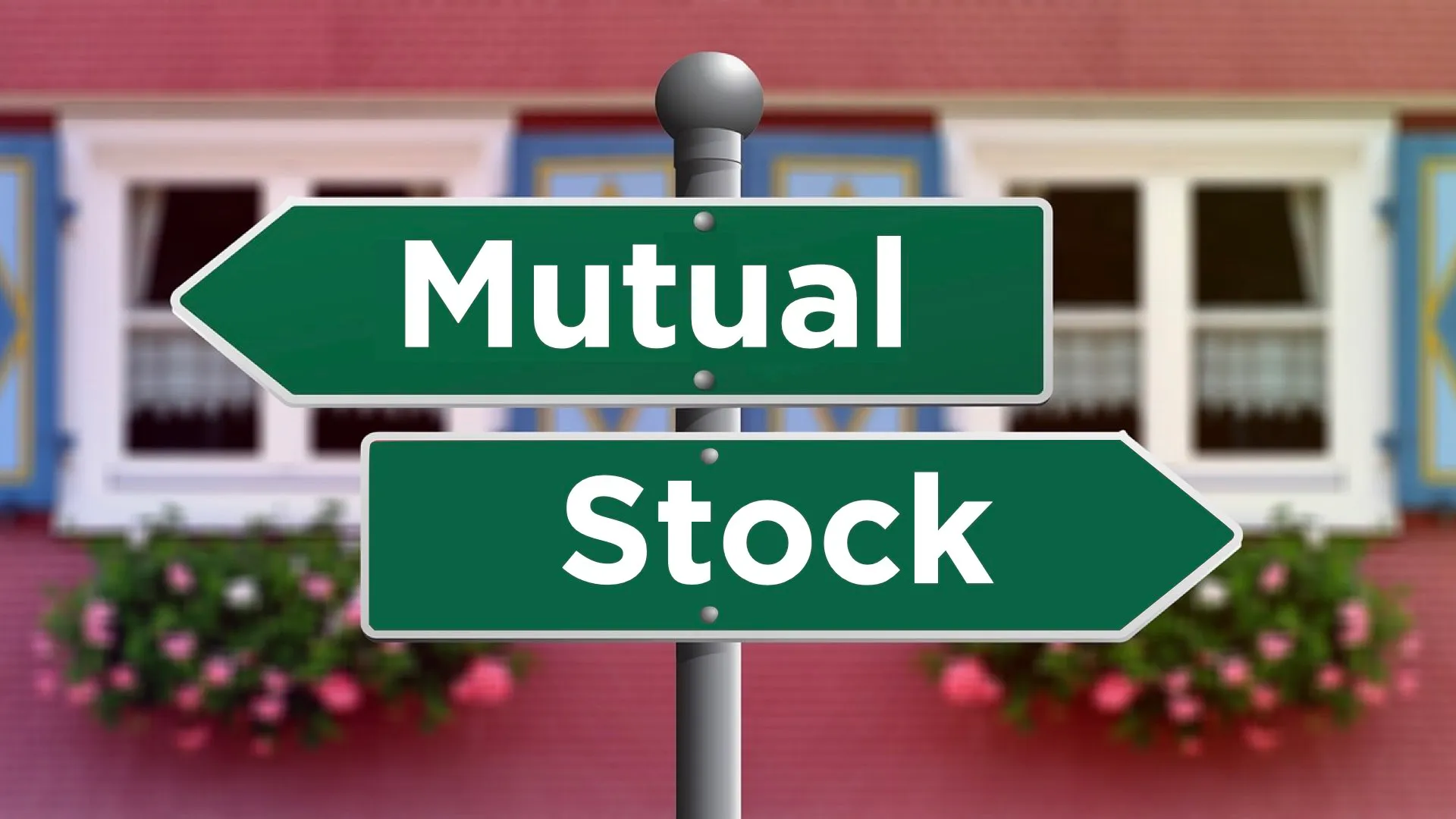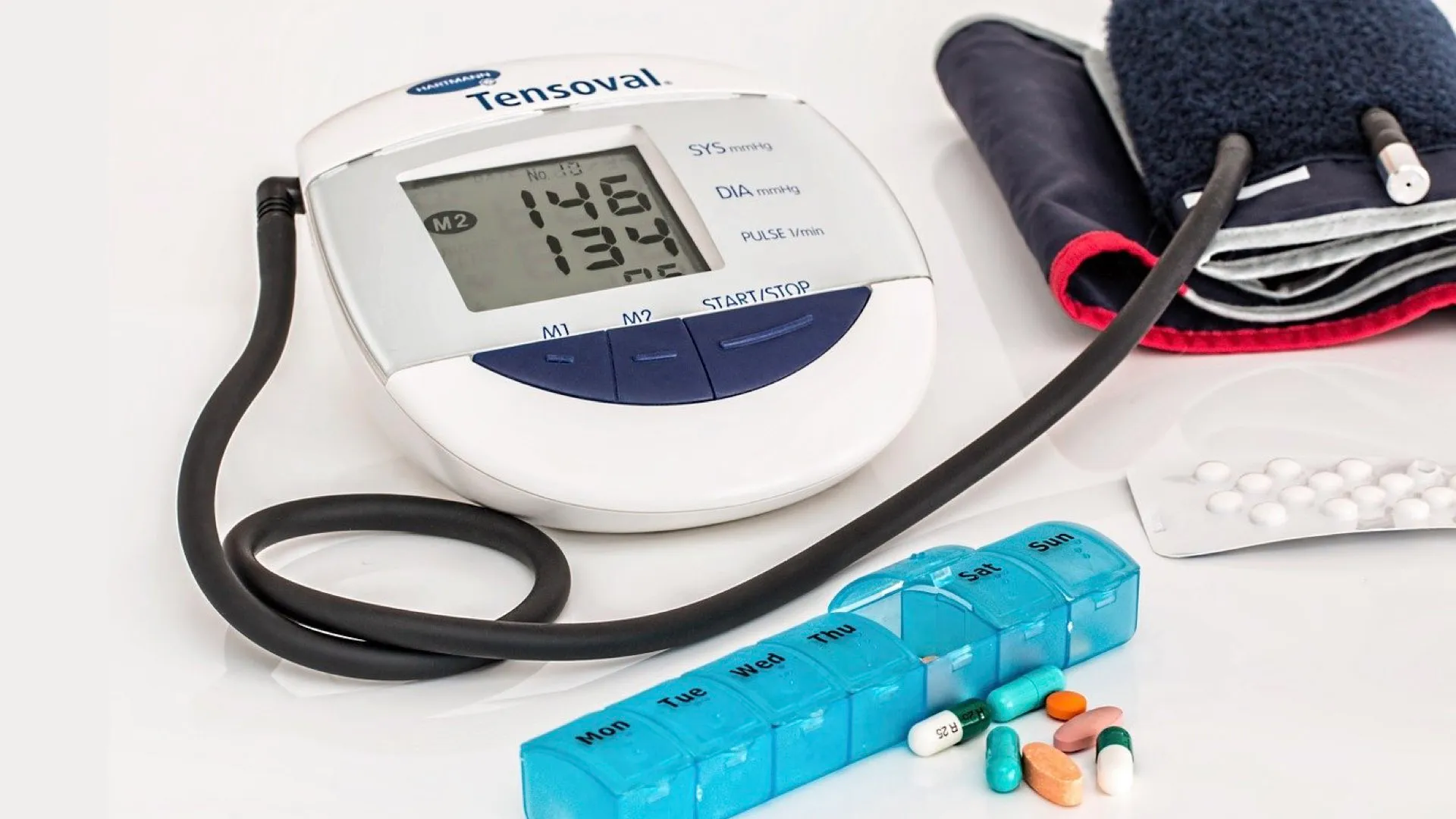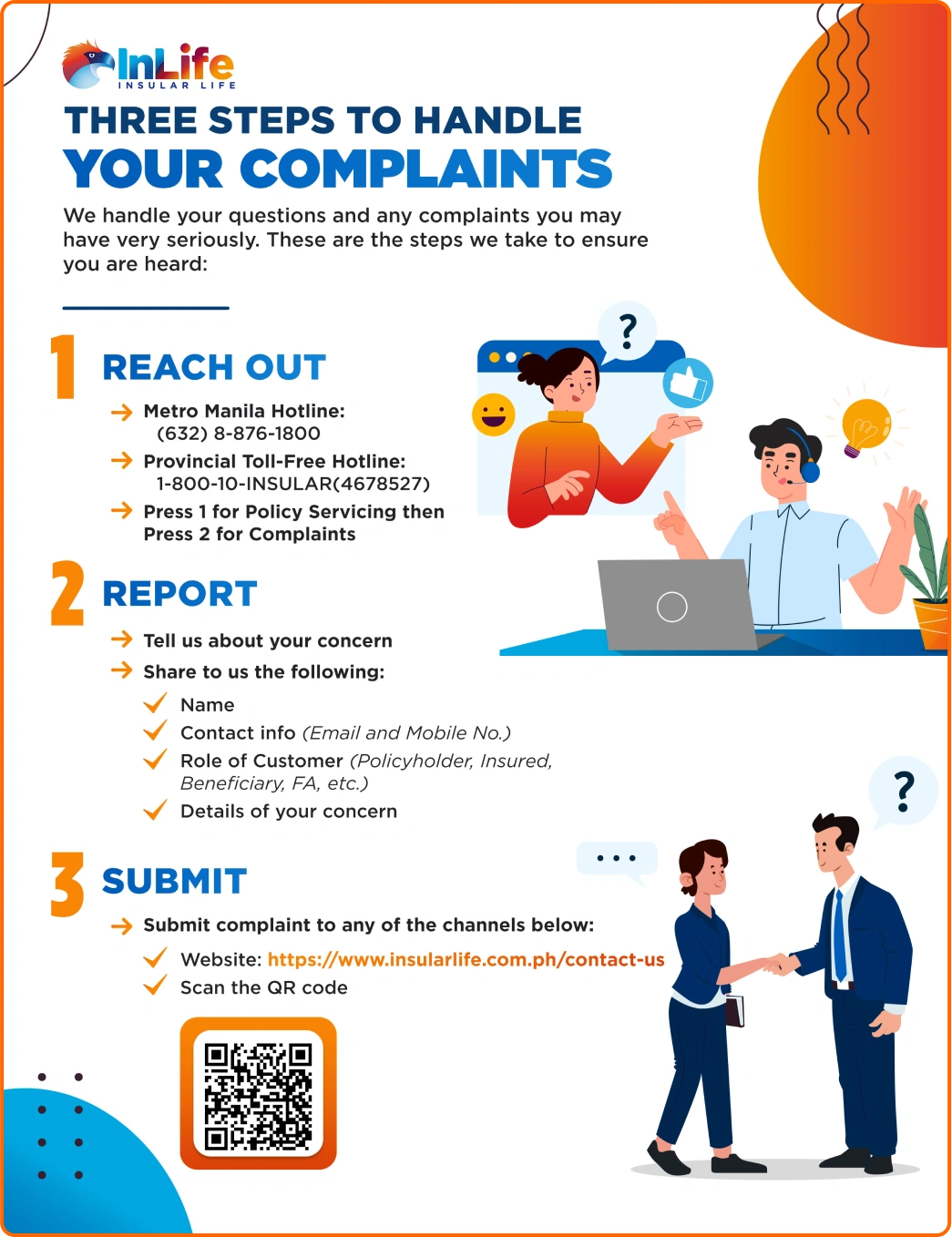How to Save for Retirement When You’re Self-Employed
How to Save for Retirement When You’re Self-Employed

As you're about to find out, one of the biggest challenges facing small business owners and freelancers is planning for retirement. The good news is that there are lots of ways to save for your golden years even if you don't have a traditional job. Here's what you need to know about retirement savings for self-employed individuals.
Why Saving is Hard for Self-Employed People
There are a lot of factors making it tough for self-employed individuals to save for retirement. First, when you run your own show, you've got to wear all kinds of different hats from marketing guru and janitor to IT consultant and accountant. That means you're probably working long hours with little time for leisure let alone financial planning. In addition, you've got to deal with the ups and downs of running a business or finding clients. Sometimes cash is tight so putting money in a retirement fund gets put on the back burner. Then there are the years when your job is doing well which means you can't afford not to invest in it.
The good news is that even though it's tough, it's possible for self-employed individuals to save enough money for retirement. The secret is making saving an important priority.
How to Save for Retirement if You’re Self-Employed: SSS
In the Philippines, there are a lot of private companies and government agencies that offer retirement plans to their employees. These include pre-need programs offered by banks or life insurance companies. Social Security System (SSS) offers retirement benefits to those employed in a traditional job as well as those who are self-employed.
According to the Republic Act No. 8282 or the Social Security Law of 1997, self-employed individuals can also reap the benefits the rest of the SSS members enjoy.
To qualify for this retirement benefit, a self-employed individual need to have made a payment of at least 120 monthly contributions prior to their retirement. If these conditions are met, the self-employed individual will be able to avail of the benefits as soon as they reach the age of sixty (60) years and have ceased working or have reached the age of sixty-five (65) years of age.
How Much You Contribute to Your Own Account
The amount you contribute towards your own account is based on the monthly salary credit you receive from your employer. This means you could contribute as low as 1% or as much as 12%. However, if you contribute more than 11%, contributions will be limited to 11% so it's best to contribute the max.
What You Will Receive
In accordance with the law, self-employed individuals will receive a monthly pension consisting of the highest of the following amounts:
• The sum of the following: P300.00 plus 20% of the average monthly salary credit plus 2% of the average monthly salary credit for each credited year of service in excess of ten (10) years; or
• 40% of the average monthly salary credit; or
• P1,000.00 provided, that the monthly pension shall in no case be paid for an aggregate amount of less than sixty (60) months
The minimum pension shall be P1,200.00 for members with at least 10 credited years of service and P2,400.00 for those with 20 credited years of service.
Truth be told, P2,400 a month is not a large sum and is not likely enough to cover all of your living expenses upon retirement. This is why it is important for you to have a retirement fund separate from your SSS pension. Saving a retirement fund can be difficult, but not impossible. Investing in a life insurance company’s investments, or a life insurance with built-in investment component, can help you build up a sizeable retirement fund with ease. Talk to one of our Financial Advisors today about your options.







